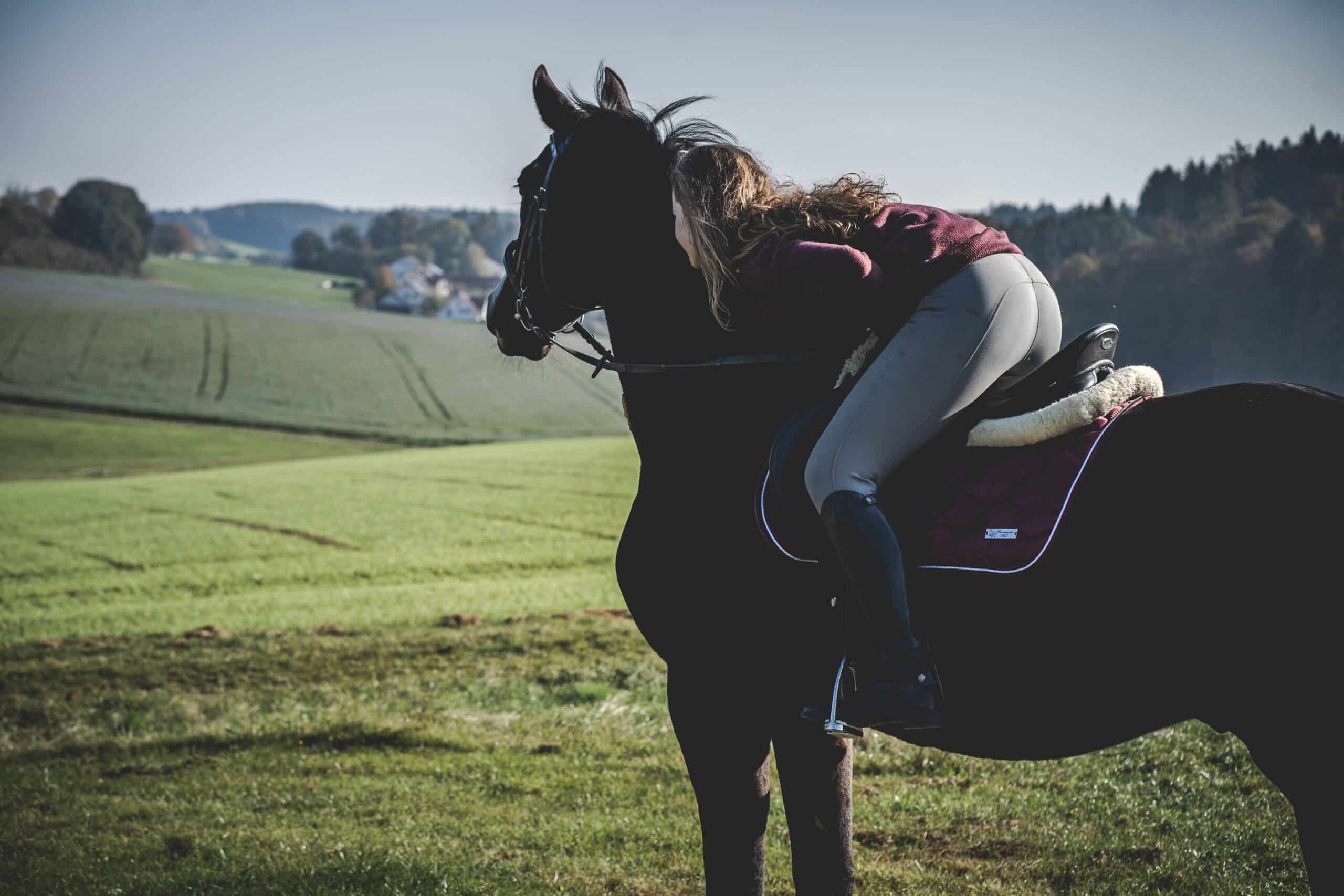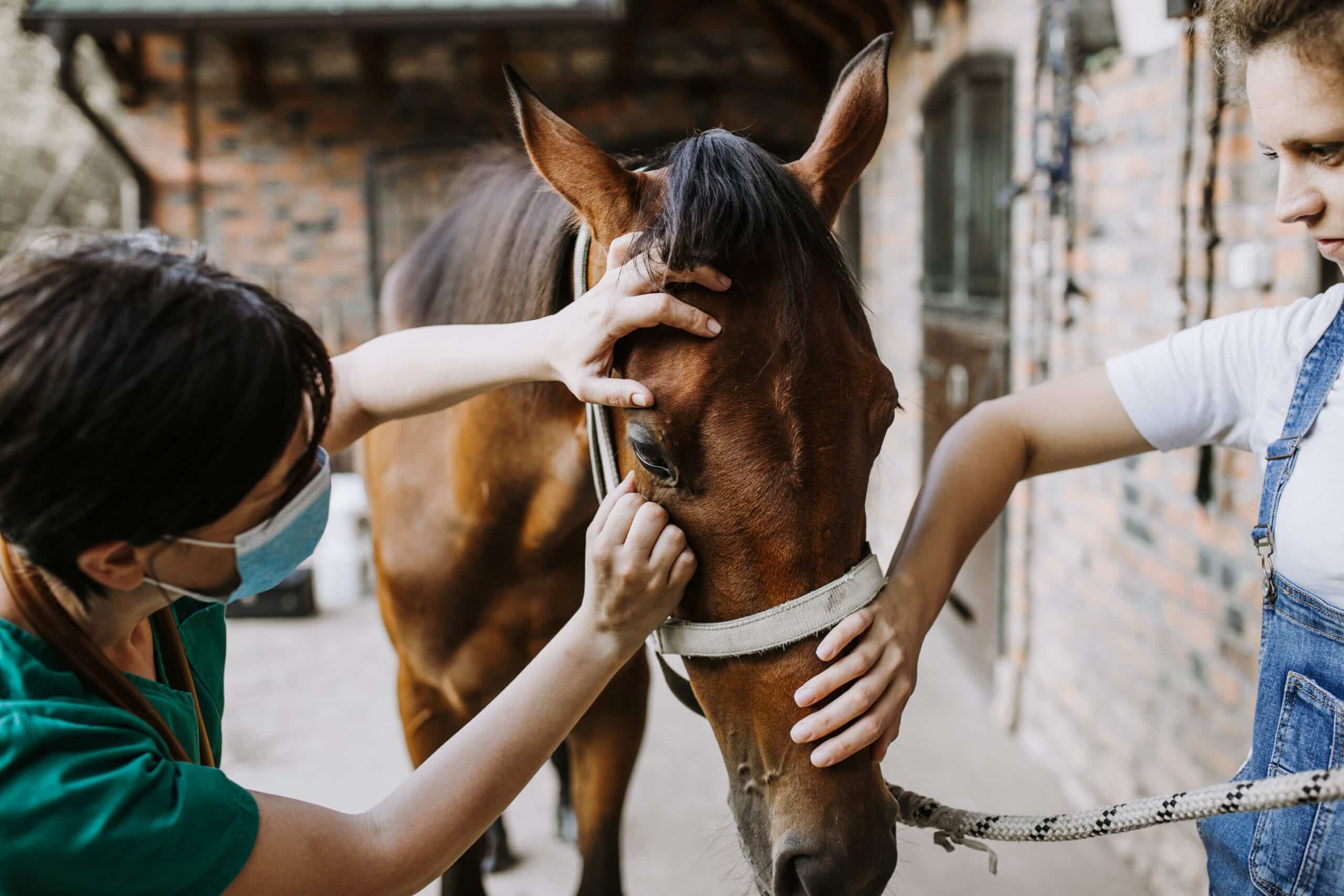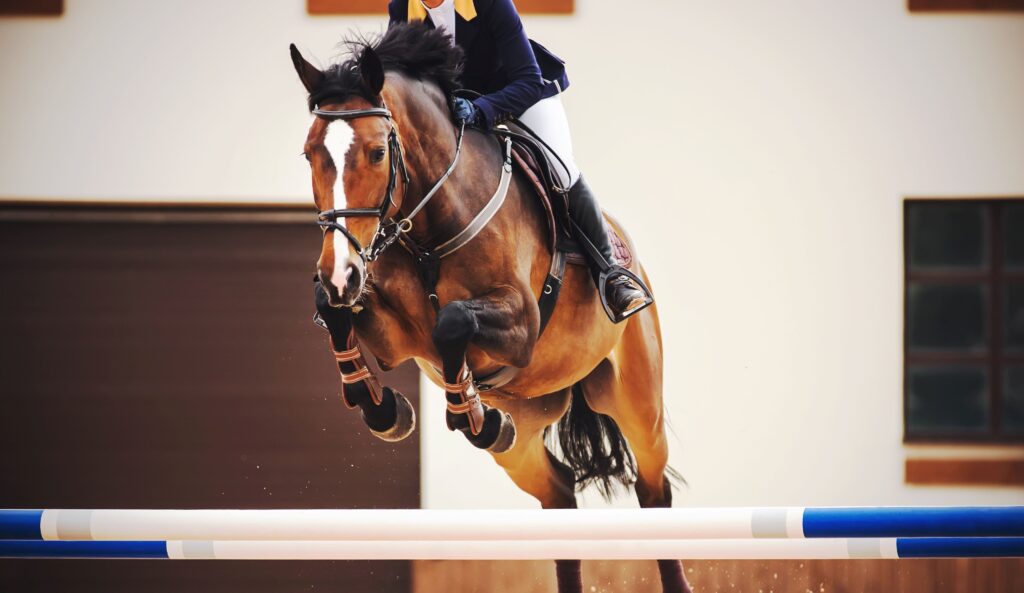Whether for ambitious competition riders or demanding amateur athletes, finding the right sport horse is a complex task. Those searching for hunter jumper horses for sale usually have specific expectations regarding quality, training level, and potential. But how do you find the perfect horse that meets your needs? Buying a horse is a long-term commitment that requires careful consideration. Rushed decisions can be costly and lead to disappointment—for both rider and horse. This article explains the key criteria to consider when purchasing a sport horse, how to avoid common mistakes, and how to prepare for a successful buying process.
Buying a Sport Horse: Precision Over Gut Feeling
A sport horse is more than just a riding companion—it is an investment in performance, potential, and the rider’s future success. Especially in competitive disciplines, multiple factors influence a horse’s suitability: conformation, temperament, training, health, and, most importantly, the compatibility between horse and rider. However, many buyers make the mistake of relying on first impressions, emotional attachments, or superficial attributes. While an elegant appearance or flashy movement may catch the eye, they are not reliable indicators of a horse’s long-term suitability.
A strategic approach is crucial. Every purchase should be based on well-defined criteria and undergo thorough evaluation. Relying solely on seller descriptions or online advertisements can be misleading. It is advisable to test multiple horses, seek professional guidance, and conduct a thorough assessment. A well-thought-out decision ensures not only a promising sporting future but also a lasting and successful partnership. More information under: https://www.jw-horses.com/en/hunter-jumper-horses-for-sale
Essential Factors in the Buying Decision
Choosing the right horse should never be rushed. Instead, multiple aspects need to be carefully examined to find a horse that aligns with both the rider’s goals and abilities.
-
Health Condition: The Foundation of Future Success
Essential health checks include:
- A clinical examination to assess lameness, muscle condition, and overall fitness.
- Radiographs, particularly of legs, joints, and hooves, to rule out arthritis or other degenerative conditions.
- Blood tests to detect metabolic imbalances or undisclosed medications.
For young horses, some health conditions may develop over time, meaning not every minor irregularity is an immediate disqualifier. A trusted veterinarian can help determine which issues are acceptable risks and which should be considered deal-breakers.
-
Pedigree and Bloodlines: Looking at Genetics
A horse’s pedigree can provide valuable insights into its potential. High-performance sport horses often come from proven bloodlines known for their athleticism, rideability, and durability. While pedigree is not the sole determinant of a horse’s success, it can indicate:
- Natural aptitude for specific disciplines.
- Expected temperament and learning ability.
- Physical resilience and endurance.
However, breeding alone does not guarantee success. Ultimately, the horse’s individual traits and development will determine whether it fulfills its potential.
-
Training Level and Rideability: Matching the Rider’s Skills
The ideal level of training depends heavily on the rider’s experience and goals. An inexperienced rider should avoid purchasing an untrained or overly sensitive horse, as this could quickly lead to frustration or even safety risks.
Important questions to assess rideability include:
- How well does the horse respond to aids?
- Is it balanced, rhythmic, and supple in its movements?
- Does it demonstrate a positive attitude and willingness to learn?
Test rides are essential to determine whether the horse suits the rider’s style and ability. If the buyer lacks experience in evaluating rideability, bringing along a professional trainer or experienced rider is highly recommended.
-
Character and Temperament: Ensuring Compatibility
Every horse has its own personality—just like humans. Some are bold and competitive, while others are more nervous or reserved. A successful sport horse should have a balance between confidence and attentiveness.
It is crucial that the rider feels comfortable with the horse’s temperament. A horse should be evaluated not just under saddle but also in everyday handling situations:
- Does it remain calm in new environments?
- Is it easy to lead, groom, and manage on the ground?
- How does it react to unexpected stimuli?
For less experienced riders, a well-balanced temperament is often more valuable than raw talent.
Common Mistakes When Buying a Horse and How to Avoid Them
Purchasing a horse comes with potential pitfalls that can lead to costly mistakes. The most common include:
- Making an emotional decision – Liking a horse’s appearance or personality is important but should not override objective assessment.
- Not seeking an independent opinion – Sellers aim to close deals, so having an unbiased trainer or veterinarian evaluate the horse is crucial.
- Neglecting veterinary checks – Even young horses may have hidden health concerns that can impact their future.
- Rushing the decision – Taking time to compare different horses helps ensure the best fit.
- Setting unrealistic expectations – Not every horse is destined for championship success, and not every rider can adapt to every horse.
From Test Ride to Final Decision
An effective purchasing process includes multiple test rides under different conditions to evaluate the horse’s adaptability. The purchase contract must detail all agreed terms to prevent misunderstandings. Key elements to include are:
- A thorough assessment of the horse’s health condition and veterinary examinations.
- Any applicable warranties or return policies to protect the buyer.
- Clearly defined payment terms and transfer conditions.
Taking a structured approach reduces risks and increases the likelihood of finding a horse that meets both sporting and personal requirements.
The Right Choice Leads to Long-Term Success
A sport horse is a commitment that lasts for years. Those who approach the selection process strategically, take their time, and consider all key factors significantly increase their chances of a successful partnership. Ultimately, talent alone does not determine success—it is the harmonious relationship between horse and rider that truly makes the difference. With careful planning and expert advice, riders can secure not just a promising sport partner but a rewarding and enjoyable equestrian journey.
Photo credit: Christina, Dusko, Valeri Vatel


